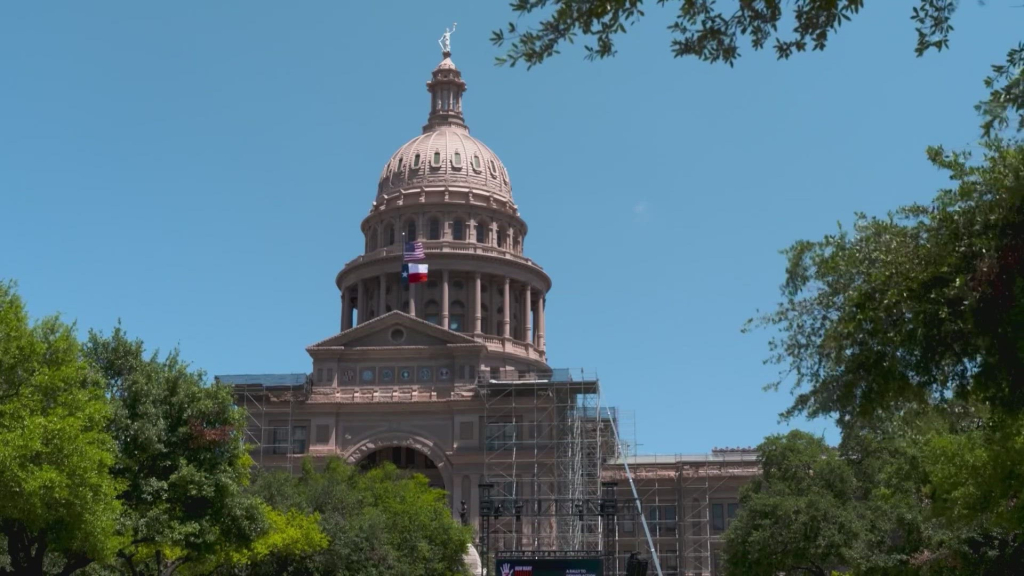The number one priority is said to be school choice in the Texas legislature

Image Courtesy of WFAA
Dallas, Texas – The Texas legislative session kicks off on Tuesday, with Lt. Gov. Dan Patrick pushing school vouchers as his top priority. He’s urging Gov. Greg Abbott to make the bill an emergency item to expedite its passage. Vouchers would allow families to use public funds for private education costs like tuition and tutoring, and advocates are pushing for “education savings accounts” (ESAs), which they argue offer more flexibility than traditional vouchers.
Despite past efforts, vouchers have repeatedly stalled in the Texas House, with only limited success in the Senate. Abbott, who made school choice a major focus in the 2023 session and beyond, now claims he has the votes in the House to pass a voucher bill. “We have more than enough members to make sure school choice passes,” Abbott said after the November elections.
Supporters of school choice, including the Texas Public Policy Foundation (TPPF), are confident, with campaign director Mandy Drogin stating, “We’re not stopping until Abbott signs that law.” Meanwhile, Bob Popinski of Raise Your Hand Texas, which advocates for fully funding public education, warns that voucher systems in other states have led to ballooning budgets without delivering the desired educational outcomes.
The debate around vouchers versus ESAs is also marked by differing terminology. Supporters like Drogin argue ESAs are a more flexible and modern approach, allowing funding for various educational needs, including technical training. Opponents, such as Ovida Molina of the Texas State Teachers Association, argue that both systems divert resources away from public schools, which she says are underfunded, with the state’s per-student funding not increasing since 2019.
Popinski also points out that inflation has eroded school budgets, costing Texas public schools $9.9 billion in purchasing power since 2019. He and Molina argue that lawmakers should focus on fully funding public schools rather than pursuing school choice.
As lawmakers debate the future of school funding and choice, the outcome could shape Texas education for years to come.




